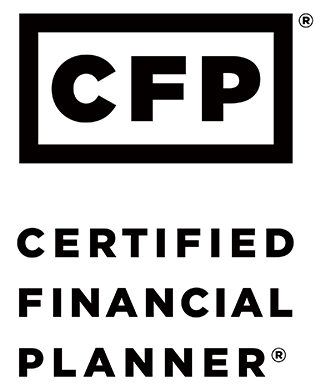Navigating Healthcare Costs in Retirement: A Guide to Planning and Saving
As a financial advisor at Four Leaf Financial Planning, I’ve had many conversations with clients surprised by how quickly healthcare costs can add up in retirement. These expenses are often unpredictable and can significantly impact your retirement savings if not appropriately planned. But with thoughtful preparation, you can take control of your healthcare costs and avoid unnecessary financial stress.
Let’s explore how you can plan for healthcare costs before and after age 65, manage tax liabilities, and stay ahead of potential expenses like Medicare premiums and long-term care.
Before 65: Tackling Healthcare Costs with the Affordable Care Act (ACA)
If you retire before 65, you may rely on ACA marketplace plans for health insurance. Here’s what to know:
- Premiums Are Income-Based: Your modified adjusted gross income (MAGI) determines your eligibility for subsidies. Keeping your income within certain limits can reduce your monthly premiums significantly.
- Costs Vary by Age and Location: Premiums generally rise with age and can differ widely depending on where you live.
Strategies to Manage ACA Premiums
- Adjust Your Income: Stay within 400% of the federal poverty level to qualify for ACA subsidies. Thoughtful withdrawals from retirement accounts can help you stay under this threshold.
- Use Health Savings Accounts (HSAs): These accounts offer a triple tax advantage—tax-deductible contributions, tax-free growth, and tax-free withdrawals for medical expenses.
- Plan Roth Conversions Early: Strategically converting funds to a Roth IRA before retirement can minimize taxable income and keep your ACA premiums low.
At 65: Transitioning to Medicare
Once you turn 65, Medicare becomes your primary coverage, but it’s not free. Understanding the structure and costs of Medicare is essential for budgeting:
- Medicare Part A (Hospital Insurance): Typically premium-free if you’ve worked at least 10 years.
- Medicare Part B (Medical Insurance): Upon turning 65, Medicare becomes your primary health insurance. In 2025, the standard Part B premium is $185 per month, up from $174.70 in 2024.
- Medicare Part D (Prescription Drugs): Costs depend on your plan and medication needs.
The Impact of IRMAA (Income-Related Monthly Adjustment Amount)
If your MAGI exceeds certain thresholds, you’ll face higher premiums for Medicare Parts B and D. This surcharge is based on your income from two years prior, making proactive tax planning critical to avoid surprises. Higher-income beneficiaries may pay additional premiums for Parts B and D. For 2025, IRMAA surcharges apply to individuals with MAGI above $106,000 and couples above $212,000.
Tax Planning to Optimize Healthcare Costs
Effective tax strategies can help you manage healthcare expenses, from ACA premiums to Medicare IRMAA charges:
- Use Roth IRA Withdrawals: Roth distributions don’t count toward your MAGI, making them an excellent source of tax-free income.
- Consider Qualified Charitable Distributions (QCDs): If you’re over 70½, QCDs from your IRA can satisfy required minimum distributions without increasing taxable income.
- Plan Income Recognition Carefully: Spread large withdrawals over multiple years to avoid bumping into higher tax brackets or IRMAA tiers.
Planning for Major Expenses and Long-Term Care
Healthcare inflation and long-term care are two factors that can derail even the best financial plans. Here’s how to stay prepared:
- Long-Term Care Insurance: Medicare doesn’t cover long-term care, and costs can be substantial. Purchasing insurance early can provide valuable protection.
- Combat Inflation with Growth Investments: Keeping part of your portfolio in growth-oriented assets can help your savings keep pace with rising healthcare costs.
- Stay Proactive: Regularly update your financial plan to account for changes in healthcare costs, ensuring your savings remain on track.
Why It Pays to Plan Ahead
Healthcare expenses are a significant part of retirement, but with proactive planning, you can manage these costs effectively. By understanding how ACA premiums, Medicare, IRMAA, and taxes interact with your finances, you can maintain control and protect your hard-earned savings.
At Four Leaf Financial Planning, we specialize in helping retirees navigate these complexities. Let us help you create a comprehensive plan that addresses your healthcare needs and ensures a more secure and enjoyable retirement.
Note: This information reflects 2025 figures and policies as of the latest updates. For personalized advice, consult with a financial advisor.







